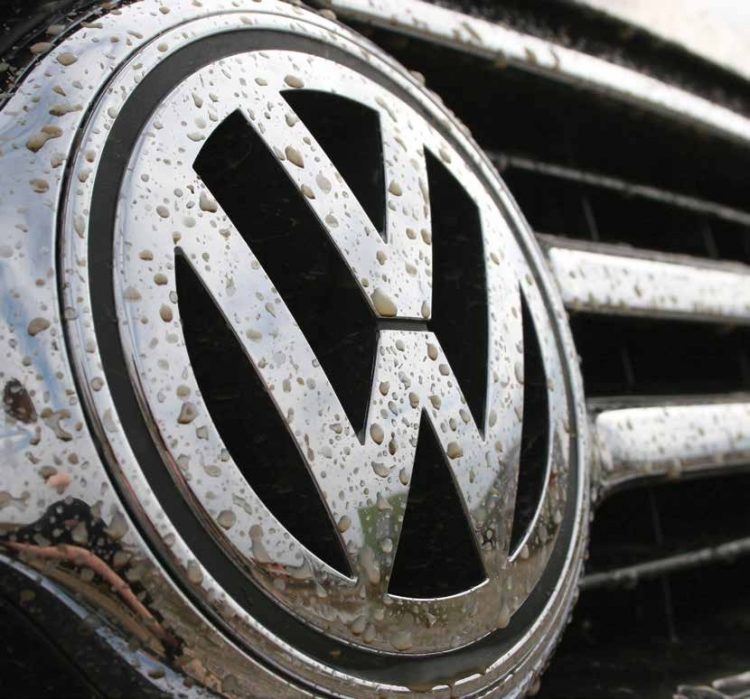In his second column for Inside Asian Gaming, Dr Brian To looks at the lack of ethics in business which continues to manifest itself globally. By Professor Dr Brian To
The recent decision by Volkswagen to plead guilty to cheating on the emissions performance of its vehicles is more than disheartening when we place so much trust in global brands and consumer products.
As we now know, 600,000 vehicles were fitted with a device that had software providing false readings on its emission levels. VW will need to pay US$2.8 billion in criminal fines and US$1.5 billion in civil penalties. Whilst this penalty represents one of the largest ever awarded in the clean air space, it has also left behind a number of casualties including not only the unsuspecting consumer but also six VW senior executives and of course the reputational damage and loss of confidence in the company and its brand.
The war on corruption is very real. In China, for example, President Xi Jinping has been consistent in his message that the country must purge corrupt public officials and those in state owned corporations that have been facilitating graft. Across China in 2016, over 734,000 investigations were carried out, according to the Central Commission for Discipline Inspection. And more than 410,000 officials, of which 76 were at the ministerial level, were subject to punishment for illegal activity that resulted in a trial.
Despite new rules to improve transparency and the appointment of over 500,000 corruption investigators leading to closer supervision, the anti-corruption culture that is being imposed is far from reaching its goal.
That’s not surprising given most post-graduate business degree programs don’t even offer courses on business or financial ethics as part of their compulsory curriculum. One of the few exceptions is the Master’s Degree in Wealth Management offered at the prestigious Singapore Management University, where the course in ethics has been a compulsory program for all participants since the program’s founding. It seems, however, that ethics programs are not particularly appealing to academic program directors.
At least some organizations are engaging this critical need to not only educate in this subject but also to promote awareness of the importance of creating and reinforcing a culture of ethical practice. The World Bank Group in Washington DC, for example, has recently advertised for a Vice President of Integrity.
The continuing need for ethical leadership is paramount in government, industry and among CEOs. However, this challenge of ethics has even spread to the media. For instance, CNN was recently accused of facilitating “fake news.” The issue of cyber warfare in China and accusations of doping in Russia all force us to consider what’s“real.” On all sides of the planet, the ethical challenge remains.
Samsung in South Korea is under suspicion as a participant in the country’s largest political corruption scandal, which led to President Park Geun-hye being impeached last December.
The country’s prosecutors allege that Samsung gave over US$25 million to the company that is co-owned by Ms Park’s friend Choi Soon-sil and her daughter in return for Ms Park’s support of a merger deal between Samsung C&T and Cheil Industries.
With so many leadership changes this year in both countries and corporations, perhaps we need to build a new culture of “doing the right thing.” This mammoth task, of course, begins in both the home and in the classroom – before we even get to the boardroom.

Brian To is a global strategist and senior practice professor with over six advanced degrees in business, management, policy, Chinese business and managing change. He consults to several Asian governments and militaries, Fortune 500 corporations and ultra-high net worth individuals and their family-owned businesses in Asia and North America. He can be contacted at bto@post.harvard.edu




























